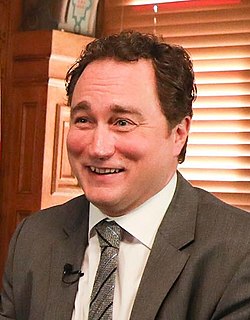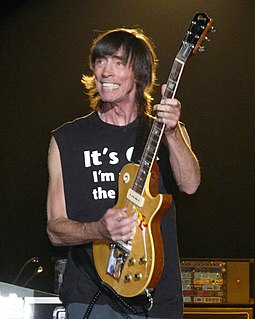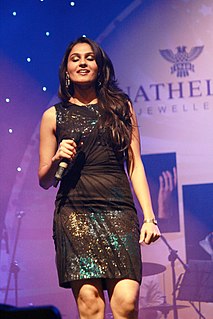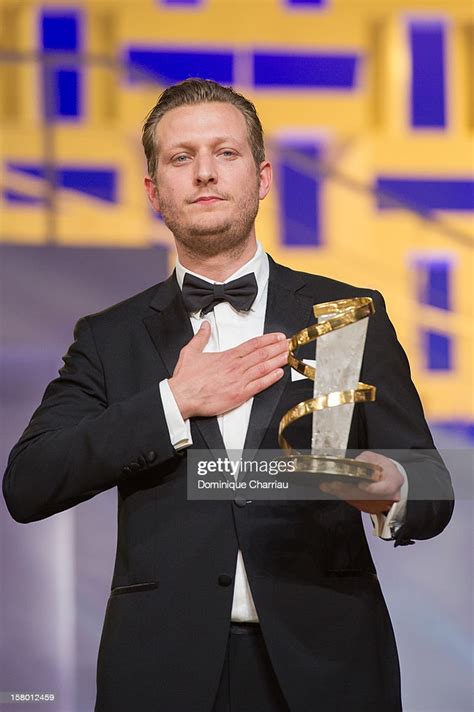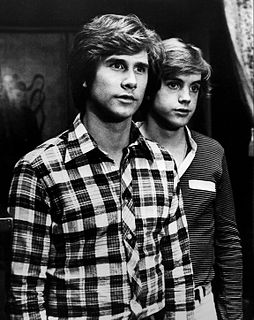A Quote by Colin Firth
So, you don't have laughs as a reference point any more, it becomes a bit of a science after that. And the last thing, you would love to be able to depend on a sense of spontaneity, but hours of waiting and then hours of repetition are not conducive to spontaneity so those are your obstacles. On the other hand it's a lot of fun. Plunging into a bit of physical comedy and abandoning all dignity, no one can really hurt you much after you much after that, once you've done it.
Related Quotes
Comedy is actually very hard. It's hard to choose those moments and know when you can really push it, and know when you should be bringing it back and making it more subtle, and knowing as time goes on, as you do take after take and the crowd around you stops laughing. Whenever you do comedy, you realize you're up against - you're performing next to people who you would think are so unbelievably good at it, that that's a bit of a pressure. But at the same time, it's just fun. It's fun to be able to let out that side of you.
I'm always tempted in the back of my mind to continue to write things in the Star Trek universe, in the novels or the comics, just because I don't get to play in that universe and I don't get to hang out with those characters any more. You spend hours upon hours of your life, day after day sitting in writers' rooms, talking about these people and these situations, and it becomes very real to you. They're friends of yours, in a lot of ways.
For me, success isn't even about money. It's about getting to do what you love and supporting yourself. Everything that comes after that is bonus, unless your only goal is to be rich. If that's your goal, you're going to find out that once you have a little bit, you want a lot. Then once you have a lot, you want a lot more.
David's [Cunningham] a very interesting character. He has more integrity than is good for him. So, everything he did after that sort of undermined what he'd done. Other people who kind of took life more cheaply, would have really gone for it. David almost did everything he could to scupper the whole thing, which I very much admire, but of course it was deeply irritating then, because we wanted to make a bit of money! So we made this very catchy tune and then he added a bunch of weird stuff which was all very strange.
A big reason why we were able to and have been able to continue to succeed is that we had a very intense work ethic, right from the beginning. There was a do-or-die attitude toward the work. It wasn't seen as a little "club." It was like, "This is your life." We would spend hours and hours rehearsing and endlessly rewriting. We took it very seriously right off the bat. And we were also extremely critical of each other, which was another thing that was unique. A lot of comedy ensembles have a hard time being critical of each other, because they don't want to hurt each other's feelings.


